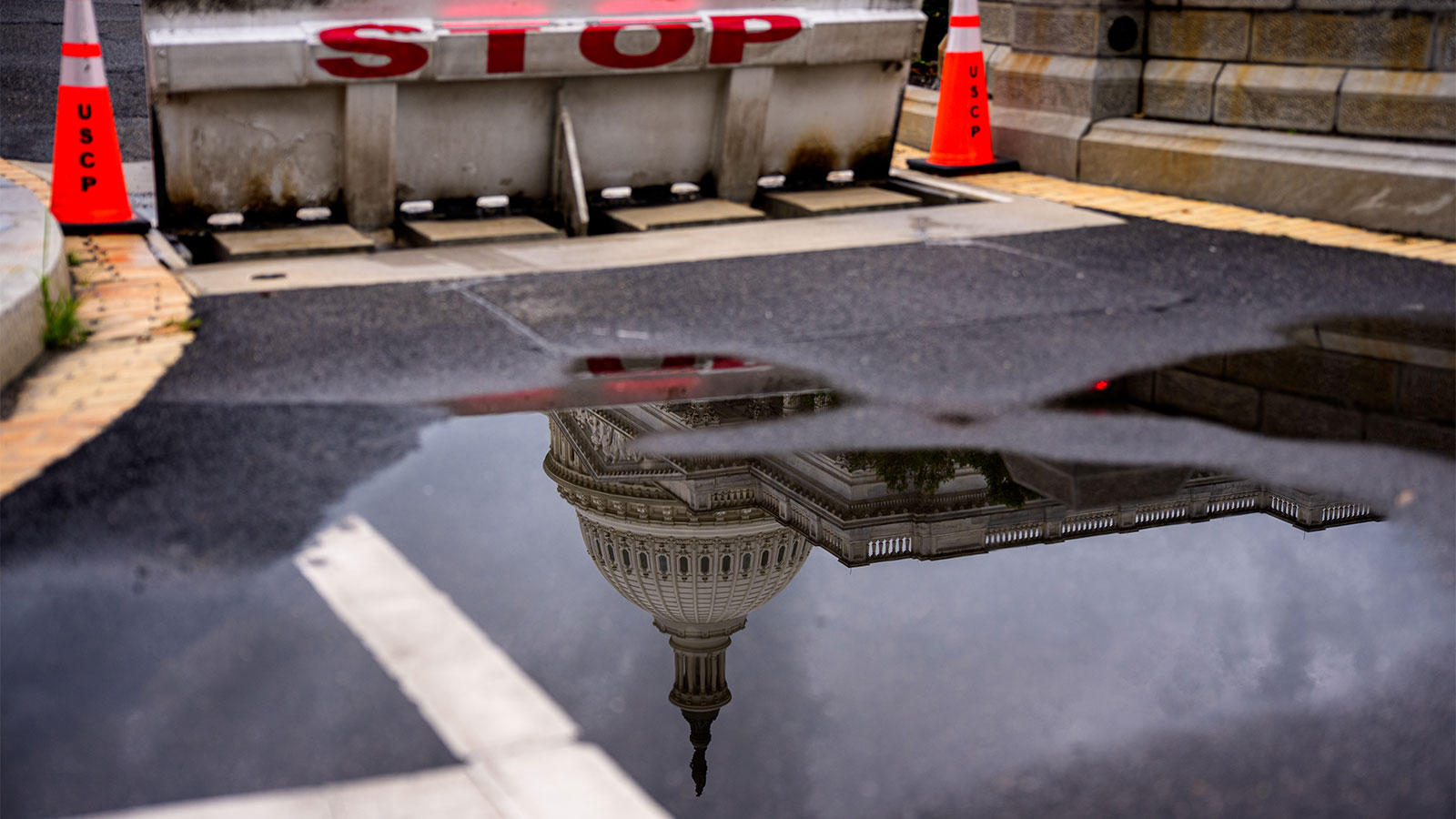The U.S. House of Representatives voted 218 to 214 on Thursday to pass President Trump’s sweeping domestic policy bill, greenlighting deep cuts to America’s social safety net and the decimation of the country’s only federal climate strategy. Democrats uniformly opposed the bill, while all but two House Republicans supported it.
“This bill will leave America a far crueler and weaker place,” said Robert Weissman, co-president of the nonprofit Public Citizen, in a statement. It “races the United States and the world toward climate catastrophe, ending support for renewable energy that is absolutely vital to avert worst-case climate scenarios.”
The so-called “Big Beautiful Bill” has now been approved by both chambers of Congress; all it needs now is Trump’s signature before it can become law. Trump is expected to sign it during an evening ceremony on July 4, Independence Day, according to White House Press Secretary Karoline Leavitt.
One of Republicans’ biggest victories in the bill is the extension of deep tax cuts enacted during Trump’s first term, which are estimated to cost the country more than $4 trillion over 10 years. The legislation also directs roughly $325 billion to the military and to border security, while cutting nearly $1 trillion in funding for Medicaid, the joint state and federal program that covers medical costs for lower-income people.
To pay for the tax breaks, the bill sunsets clean energy tax credits that were put in place by the Biden administration’s Inflation Reduction Act, or IRA, making wind and solar projects ineligible unless they start construction before July 2026 or are placed in service by 2027. It also imposes an expedited phaseout of consumer tax credits for new and used electric vehicles — by September 30 this year instead of by 2032. Green groups described the legislation as “historically ruinous” and “a self-inflicted tragedy for our country.”

The IRA’s tax credits and additional incentives for green energy from the bipartisan infrastructure act, also passed under former president Joe Biden, were projected to reduce the United States’ greenhouse gas emissions by 42 percent by 2030. Combined with additional action from states, cities, and private companies, they could have put the U.S. on track to meet the country’s emissions reduction target under the United Nations Paris Agreement.
Once Trump signs the megabill, however, the U.S. will have no federal plan to address the climate crisis.
“Every lawmaker who voted for this cynical measure chose tax cuts for the wealthiest over Americans’ health, pocketbooks, public lands, and waters — and a safe climate. They should be ashamed,” said Manish Bapna, president of the nonprofit Natural Resources Defense Council, in a statement.
Agriculture experts have also objected to Trump’s policy bill, which removes the requirement that unobligated climate-targeted funds from the IRAInflation Reduction Act be funneled toward climate-specific projects — in part so they can be directed toward programs under the current farm bill, an omnibus bill for food and agriculture that the federal government renews every five to six years. The Trump megabill seeks to increase subsidies to commodity farms by about $50 billion.
The final version of the bill doesn’t include a proposal to sell off millions of acres of public lands; this was dropped following outcry from the public and some conservation-minded GOP lawmakers. It also lacks stringent limits on the use of Chinese components in renewable energy projects that were proposed in an earlier version of the bill. Some Republican lawmakers in both the House and Senate voted for the legislation in exchange for carveouts in their states, like reduced work requirements for food stamps and less severe health care cuts.

In the Thursday House vote, only two Republicans broke with their party to vote against Trump’s megabill: Thomas Massie of Kentucky, who opposes measures that would increase the federal deficit, and Brian Fitzpatrick of Pennsylvania, who had hesitated to support cuts to Medicaid.
All Democrats voted against the bill. Immediately preceding the House vote, Representative Hakeem Jeffries of New York railed against the policy in a record-breaking 8 hour and 45-minute House floor speech invoking scripture: “Our job is to stand up for the poor, the sick, and the afflicted,” he said.
Members of the Congressional Progressive have promised to hold Republicans accountable. More than three dozen of its members have said they’ll hold “Accountability Summer” events lambasting Republican lawmakers who supported the bill. “As Democrats, we must make sure they never live that down,” the group’s chair, Greg Casar, a Democrat of Texas, said in a statement.
Similarly, Senator Brian Schatz, a Democrat for Hawaiʻi, told The New York Times that his party should use the megabill’s spending cuts as a cudgel against Republicans ahead of next year’s midterm elections: “Our job is to point out, when kids get less to eat, when rural hospitals shutter, when the price of electricity goes up, that this is because of what your Republican elected official did,” he said.


